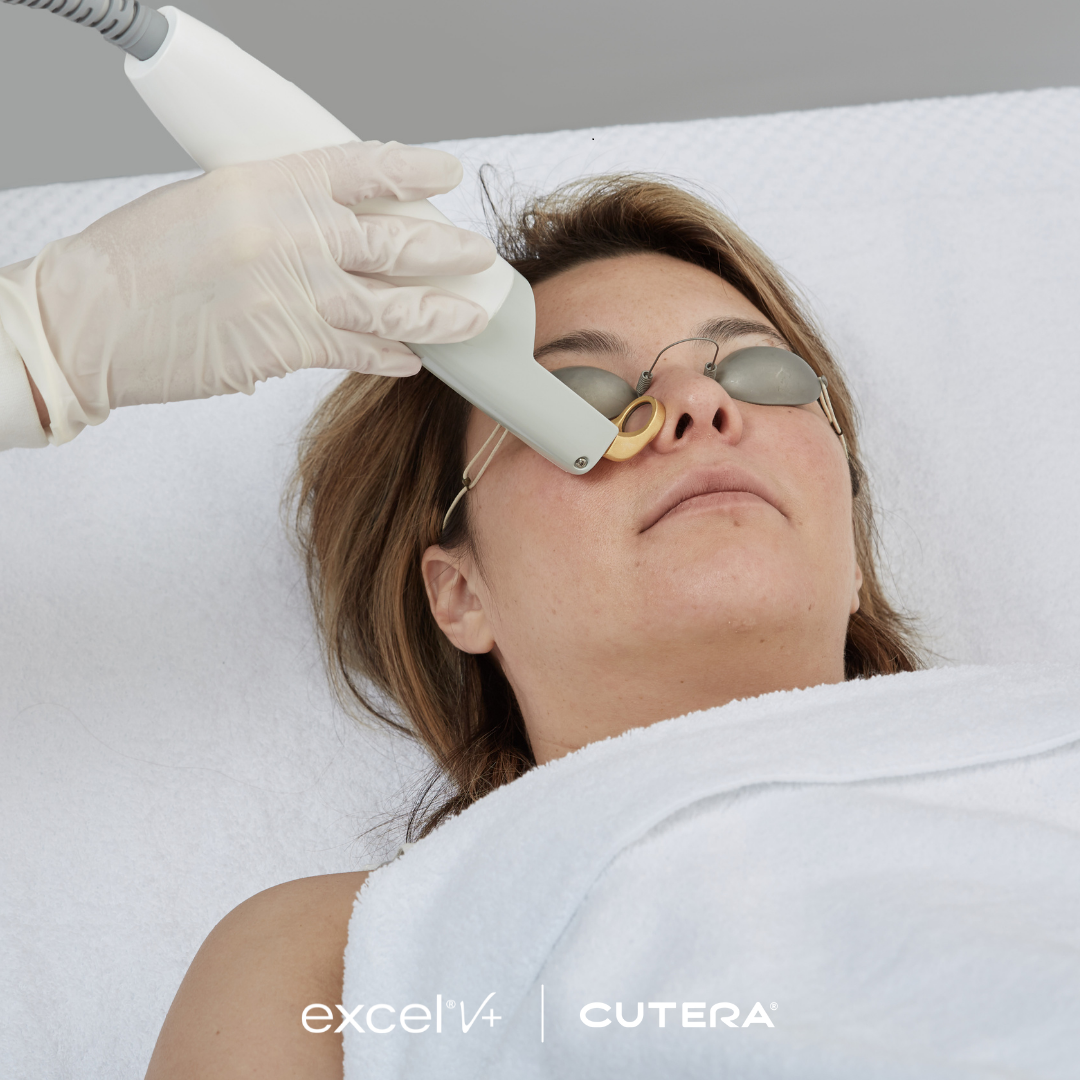November is a significant month for millions globally, as it marks Diabetes Awareness Month—a time for collective reflection, education, and advocacy. Diabetes, a chronic condition affecting an estimated 537 million people worldwide, demands our attention and understanding. The overarching purpose of Diabetes Awareness Month is multifaceted: to raise awareness, promote education, encourage early detection, and foster support networks for those living with diabetes.
What Is Diabetes Awareness Month?
Diabetes Awareness Month underscores the critical need for increased public awareness surrounding the prevalence and impact of diabetes. By shedding light on the condition, we aim to diminish the stigma associated with it and promote early diagnosis. Throughout November, individuals, healthcare providers, and organizations come together to offer a plethora of resources, including webinars and workshops, to educate people about the complexities of diabetes. This educational initiative serves as a cornerstone for managing the condition effectively.
Crucially, Diabetes Awareness Month emphasizes the importance of early detection through regular check-ups, screenings, and blood sugar monitoring. Timely interventions can significantly reduce the risk of complications and improve overall health outcomes for individuals living with diabetes. Additionally, the campaign places a strong emphasis on fostering support networks. Living with diabetes can be challenging, both physically and emotionally, and having a reliable support system is instrumental in managing the condition.
What Are The Types Of Diabetes?
It is essential to recognize the different types of diabetes to fully grasp the nuances of this complex condition. Type 1 diabetes, an autoimmune disease, necessitates insulin injections due to the destruction of insulin-producing beta cells. Type 2 diabetes, the most prevalent form, develops when the body’s cells become resistant to insulin, often influenced by lifestyle factors. Gestational diabetes, occurring during pregnancy, requires careful management to prevent complications for both mother and baby.
How To Know Your Risk
Knowing your risk of diabetes is a proactive step toward prevention and early detection. Several key factors contribute to the risk of developing diabetes, and understanding these can empower individuals to make informed lifestyle choices. Here are some essential aspects to consider when assessing your risk:
- Family History: Understanding your family’s medical history is crucial. If you have close relatives, such as parents or siblings, with diabetes, your risk may be higher. Genetics play a role in the development of both type 1 and type 2 diabetes.
- Lifestyle Factors: Your daily habits significantly impact your risk of diabetes. Sedentary lifestyles, poor dietary choices, and obesity are known risk factors for type 2 diabetes. Engaging in regular physical activity and maintaining a balanced diet can help mitigate these risks.
- Age and Ethnicity: Age and ethnicity also play a role. The risk of type 2 diabetes increases with age, and certain ethnic groups, such as African Americans, Hispanic/Latino Americans, Native Americans, and Asian Americans, are more prone to developing the condition.
- Health Conditions: Other health conditions can influence your risk. Conditions such as polycystic ovary syndrome (PCOS), high blood pressure, and cardiovascular disease are often associated with an increased risk of diabetes. Regular health check-ups can help identify and manage these risk factors.
- Gestational Diabetes: Women who have experienced gestational diabetes during pregnancy may be at an elevated risk of developing type 2 diabetes later in life. Monitoring blood sugar levels and making lifestyle changes post-pregnancy can reduce this risk.
- Routine Check-ups: Regular health check-ups are fundamental for assessing your overall health and diabetes risk. During these appointments, healthcare providers may measure your blood pressure, assess your body mass index (BMI), and conduct blood tests to check for elevated blood sugar levels.
- Know the Symptoms: Familiarizing yourself with the common symptoms of diabetes is essential for early detection. Symptoms may include increased thirst, frequent urination, unexplained weight loss, fatigue, and blurred vision. If you experience any of these symptoms, it’s crucial to consult with a healthcare professional promptly.
- Monitor Blood Sugar Levels: Individuals with a higher risk of diabetes, such as those with a family history or pre-diabetic conditions, may benefit from monitoring their blood sugar levels regularly. This can be done at home using a glucometer or through tests ordered by a healthcare provider.
- Community Resources: Many communities offer resources and programs to assess diabetes risk. Local health fairs, clinics, and community centers often provide free screenings and educational materials. Taking advantage of these resources can be a proactive step in managing your health.
By considering these factors and actively participating in your healthcare, you can gain valuable insights into your risk of developing diabetes. Remember that awareness and early intervention are key components of diabetes prevention and management. If you have concerns about your risk, consult with your healthcare provider for personalized guidance and support.
How To Spread Awareness
Individual involvement is pivotal during Diabetes Awareness Month. Sharing information on social media, participating in local events, supporting diabetes research, and leading a healthier lifestyle are tangible ways to make a positive impact. By collectively raising awareness, advocating for prevention, and providing support, we can contribute to a healthier future for all individuals affected by diabetes. Let us unite in our efforts to educate, inspire, and promote understanding during Diabetes Awareness Month and beyond.
Radiant Primary Care Is Here For You
We believe that personalized care and nutrition guidance are essential for achieving and maintaining optimal health, energy, and stamina. Whether you’re on a path to better health, managing chronic conditions, or seeking preventive care, we’re here to support you on your journey. Our team of dedicated healthcare professionals can provide you with tailored advice and comprehensive care to help you reach your health and wellness goals.
Radiant Primary Care is proud to offer the very best in primary care, as well as specialized care from our Heart Institute and MediSpa services. If you’re ready for quality care from caring specialists dedicated to improving your overall quality of life in Victorville, Apple Valley, or Barstow, call Radiant Primary Care today!











